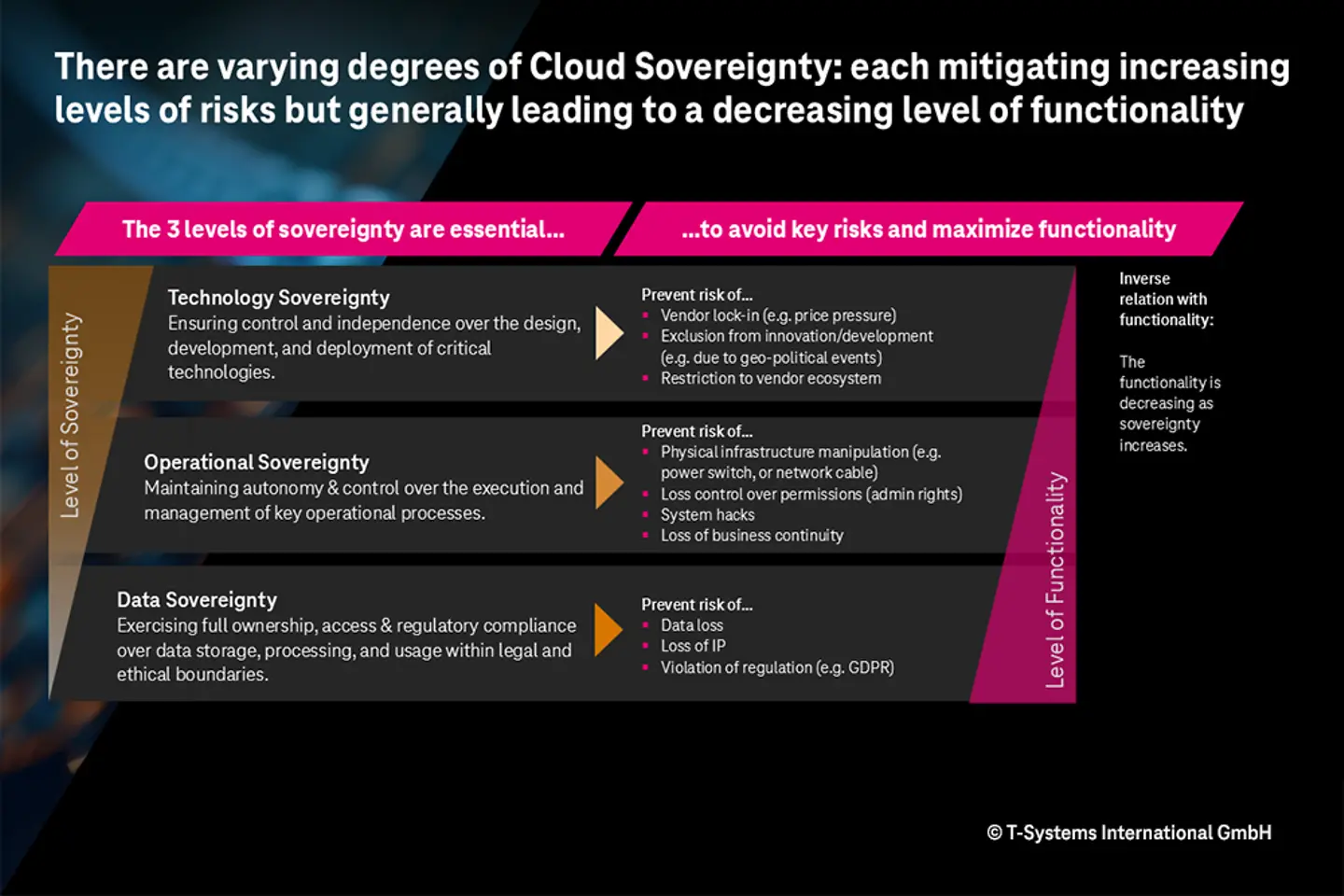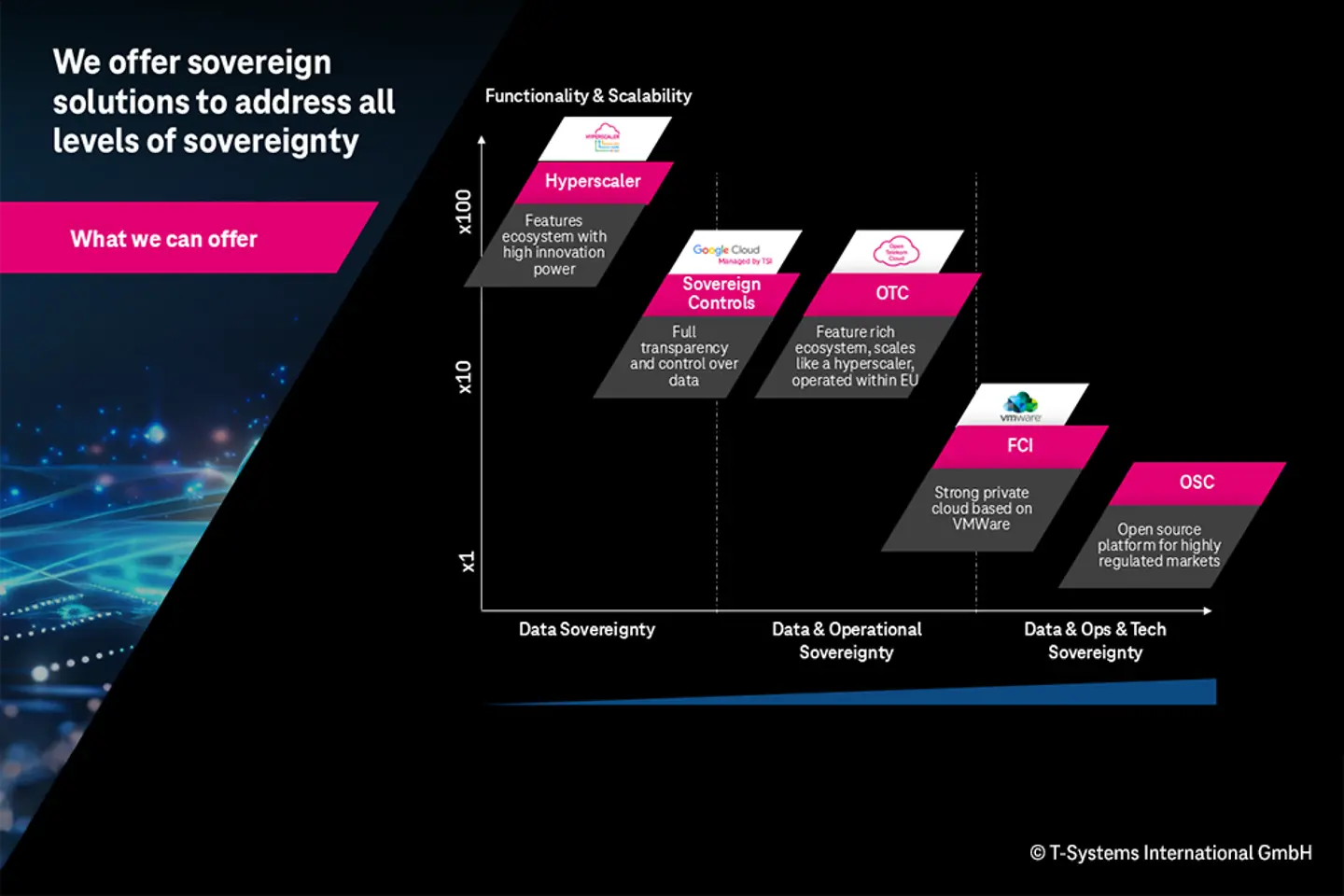
The current movements in the political landscape have ignited a growing data privacy and sovereignty concern, which has called upon business leaders to reassess their cloud strategy. In response to these concerns, many organizations are actively seeking alternative cloud solutions that ensure their data remains within European jurisdiction and where the cloud platforms are operated by EU personnel.
Recently, IT-media Version2 published an article describing how a Danish company left one of the significant hyperscalers after ten years of hosting data with the American provider and moved to a European cloud. The migration was completed seamlessly, and the outcome was substantial cost savings. In this scenario, there was a compelling case for a simple lift-and-shift migration. We experience a rapidly increasing interest in understanding the European-based solutions we offer, which clients use, typically in addition to and not necessarily instead of the non-European cloud providers.
In parallel the EU has initiated new projects, like the 8ra initiative, to establish a resilient, open and future-proof digital infrastructure for Europe to counter the market domination by a few non-European providers and embrace the concerns about compliance, transparency, and data sovereignty. Hybrid cloud is becoming very real.

However, when seeking sovereignty, it's important to distinguish between different types – each area delivering increasing levels of sovereignty but generally leading to decreasing functionality.
When re-assessing your cloud strategy and seeking alternative cloud solutions, it is essential that the level of sovereignty matches the required business needs.

At T-Systems, we have for several years already offered Cloud solutions to match the above-mentioned levels of sovereignty.
Take, for example, Open Telekom Cloud - a European Sovereign Cloud solution - that offers flexibility and scalability equal to dominant hyperscalers. It is GDPR, GXP, BaFin, ECB, and EIOPA compliant and has several ISO and SOC certifications.
The Open Sovereign Cloud (OSC) provides freedom and control of a trustworthy open-source platform developed and operated entirely within the EU. It ensures complete data, operational, and technology sovereignty, ensuring compliance with European regulations and reducing the risk of vendor lock-in. BARMER and AOK, two leading health insurance companies in Germany, host together more than 30 million policyholders’ digital identities on the OSC. That means more than 50% of healthcare insurance customers in Germany rely on OSC for their digital identity and secure hosting of their sensitive health data.
There are several proven and mature European Cloud alternatives in the market, which the above examples illustrate. Not only can they ensure complete sovereignty, but they can they can often also be a cost-effective alternative to the dominant hyperscalers. T-Systems is a proud European cloud provider. We can advise on your options, help with migrations, and provide managed services for all types of Sovereignty. The era of the sovereign cloud is here. It's time to re-evaluate your hybrid cloud strategy.